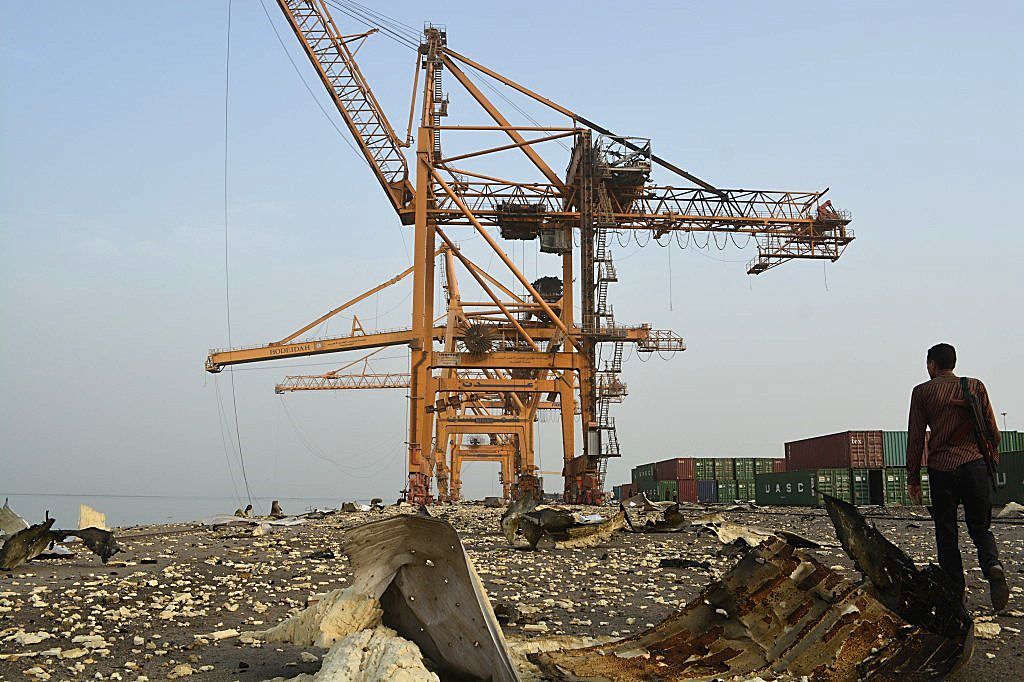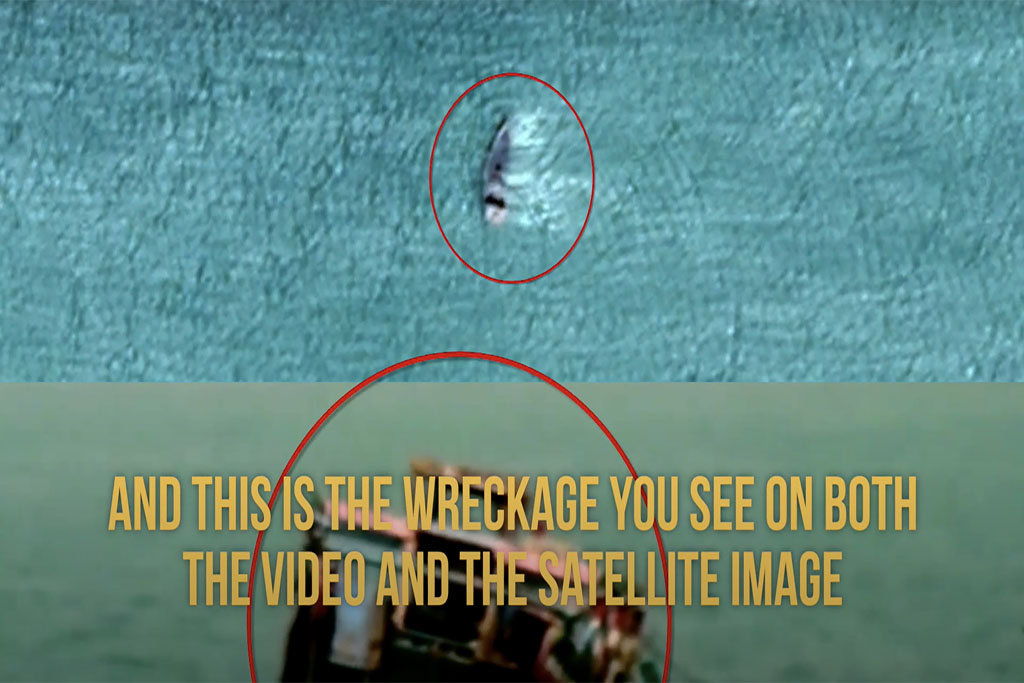German support for Yemen
German-made military equipment used by Saudis and UAE in war in Yemen
The German government claimed it was not aware of any domestically produced weapons being used in the Yemeni war. These denials persisted until we presented the evidence: German-made weapons are being used by the Saudi-led coalition in a conflict that has triggered one of the world’s largest humanitarian crises.
German companies, supplied with licenses issued by the German state, have effectively enabled the Saudi-led war on Yemen on land, at sea and in the air. Although Germany prides itself on its rigorous export policies, which ostensibly ban the sale of weapons to countries involved in armed conflict, it is now clear that the coalition of Saudis and Emiratis uses warships, weapon stations and tank technology from Germany to advance its offensive on the Arab Peninsula.
METHODS
Lighthouse worked with leading German media outlets in this investigation – ARD, Stern Magazine, Rozana and Deutsche Welle – with the aim of documenting German support for the Saudi-led coalition that is waging an ongoing war in Yemen.
Knowing what to look for in the first place was our initial challenge. We started by unearthing export licenses, which are regularly published by German authorities in the different regions. The information was mostly generic, however, lacking details of the specific equipment being sold. And so it was necessary to triangulate this official information with other sources, including press releases and literature from the websites of the companies involved.
Our subsequent strategy relied to a great extent on open-source intelligence. We scraped media channels used by Yemen’s Houthi rebels, found fighters on Instagram and analysed visual footage from official updates of the Saudi coalition forces. We made use of satellite imagery to geolocate the most relevant findings.
STORYLINES
On March 29, 2019 the German government decided to extend its embargo on arms exports to Saudi Arabia and the United Arab Emirates. Just a few weeks earlier, its official position had still been that authorities were “not aware of German arms used in Yemen.” It was evidence from our investigation, presented by ARD, Stern Magazine and Deutsche Welle, that made it impossible for them to look the other way.
The findings put a strain on Germany’s ruling coalition which was divided over whether to lift a ban on arms exports to Saudi Arabia, imposed after the killing of the journalist Jamal Khashoggi at the hands of Saudi agents in 2018.
In the light of the revelations, the Social Democrats (SPD) found it inconceivable that the ban should be lifted while the Christian Democrat alliance (CDU/CSU) remained in favor of such a move.
The investigation also exposed differences in the interpretation of the EU’s so-called Common Position, an EU-wide agreement for responsible arms exports. Even as Germany considered a possible continuation of the ban, the UK and France were using diplomatic powers to try to influence decision-making. France’s ambassadors wrote an essay emphasising the importance of Germany’s arms industry and casting a continuation of the ban as a threat to “the credibility of the European defence project”. Britain’s foreign secretary, Jeremy Hunt, argued that suspending the UK’s arms sales to Saudi Arabia would deprive the UK of the ability to influence the Saudi-led coalition, arguing that the people of Yemen “would be the biggest losers” if this happened.
In spite of these reactions, the ban has been renewed several times to date, with the exception of transnational cooperative projects such as the Eurofighter Typhoon, a testament to the impact of our investigation.
To keep up to date with Lighthouse investigations sign up for our monthly newsletter
The Impact
Our investigations don’t end when we publish a story with media partners. Reaching big public audiences is an important step but these investigations have an after life which we both track and take part in. Our work can lead to swift results from court cases to resignations, it can also have a slow-burn impact from public campaigns to political debates or community actions. Where appropriate we want to be part of the conversations that investigative journalism contributes to and to make a difference on the topics we cover. Check back here in the coming months for an update on how this work is having an impact.



